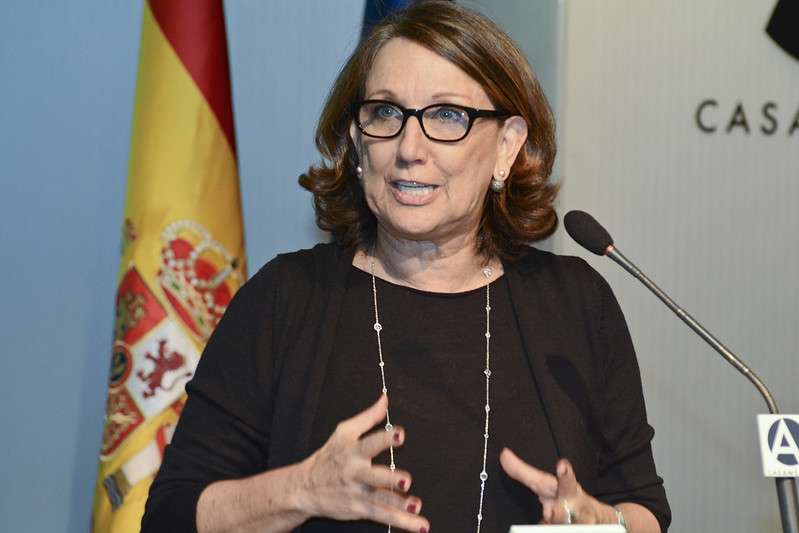The United Nations Conference on Trade and Development (UNCTAD), has called on world leaders to scale up climate adaptation financing in developing countries, as they risk facing worse challenges from climate change.
Based on UNCTAD estimates, annual climate adaptation costs in developing countries could reach US$300 billion in 2030. This could get even worse if mitigation targets are breached, costs could reach as much as US$500 billion by 2050, the report reveals.
However, current funding towards climate adaptation financing is less than a quarter of the 2030 figure. Thus, relying on private finance will not deliver on scale or to the countries most in need.
Key among the highlights of the report is the call for a transformative approach to climate adaptation. Advanced economies could ensure that multilateral institutions support developing countries to manage the pressures from a changing climate without compromising their development goals as a result.
UNCTAD Secretary-General Rebecca Grynspan commented: “Fulfilling the US$100 billion a year pledge for the Green Climate Fund is a must at Glasgow. But aligning ambition and action will require a concerted reform effort at the multilateral level to ensure adequate funding for developing countries to adapt to the worsening impacts of … climate change. Climate change has no borders, so our strategy to adapt to it must be globally coordinated.”

According to the UNCTAD report, reforms proposed include: increasing share of additive finance to climate change adaptation and resilience building; debt relief and restructuring; additional capital from multilateral development banks; green bond markets.
UNCTAD, however, worries that many of the reform initiatives brewing in the international trading system do not account for the asymmetries that underlie the contemporary global economy.
Poorer Countries Face US$15 billion Annual Loss
By avoiding the limitations with poorly designed international trading rules such as hindering a green transformation, the report suggests a national trade policy can at best play a complementary role in achieving climate goals.
Currently, global leaders are pushing to liberalize trade in environmental goods and services. A move which UNCTAD warns will benefit mainly exporters in developed countries and constrain fiscal space in developing countries.
The report estimates that poorer countries are likely to lose US$15 billion per annum in tariff revenue if this approach is pursued.
UNCTAD also raised concerns about the Carbon Border Adjustment Mechanism (CBAM) that could compound the woes of developing countries by undermining their export capacities.
The UN organisation called for world leaders to classify critical green technologies into public goods and their access made affordable for all.
The international community was not left out, as it could support initiatives to transform rules governing intellectual property rights, expand flexibilities in the Agreement on Trade-Related Aspects of Intellectual Property Rights (TRIPS) for developing countries on climate-related goods.
The report stressed that this could provide basis for innovative mechanisms for promoting access to patent-protected critical technologies to support adaptation and mitigation efforts.
READ ALSO: Ghanaian Stocks End Lacklustre Week on Losing Note



















